Events
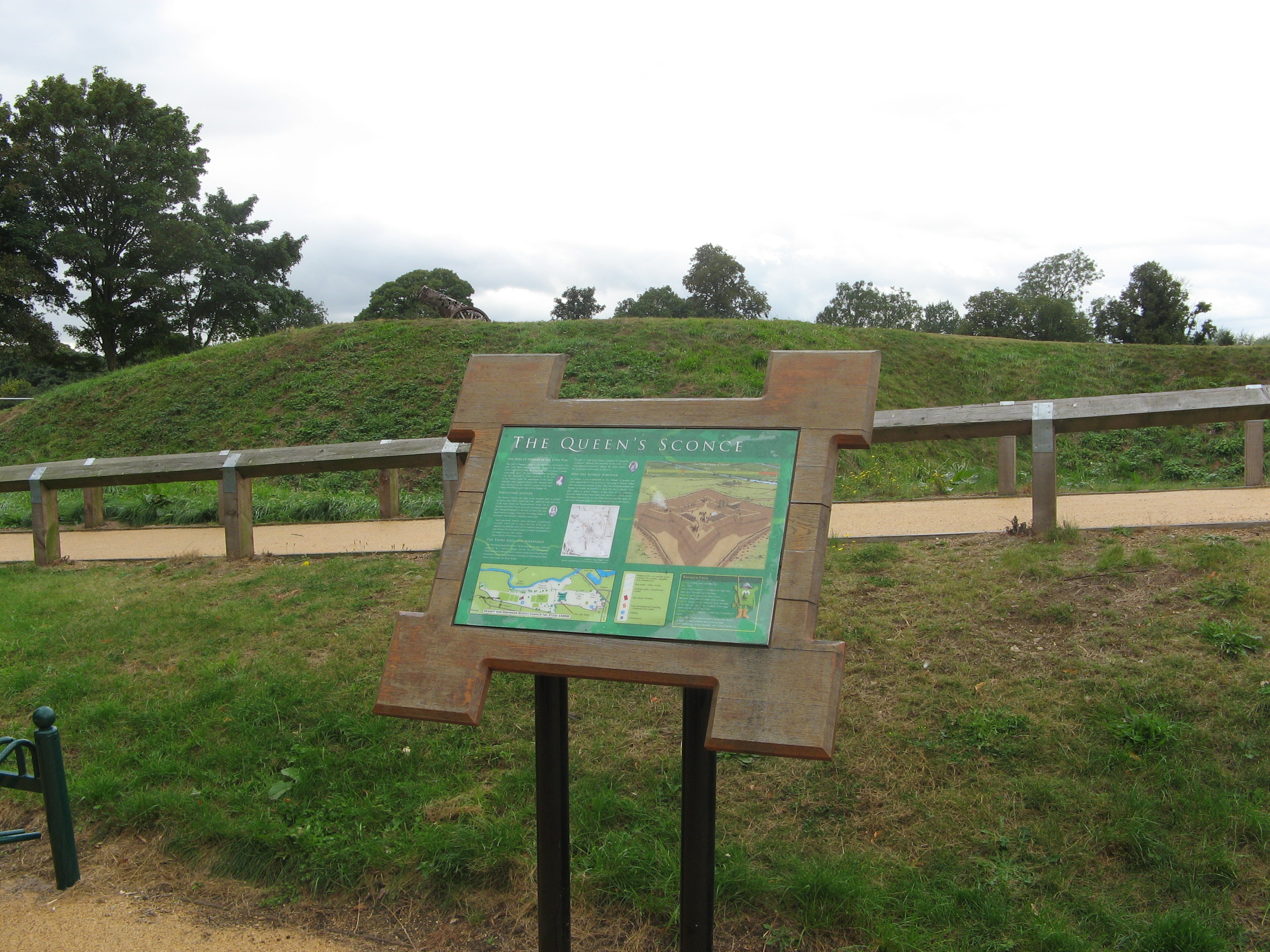
English Civil War Fortresses Symposium
Saturday 19th November 2022
Writing in 1677, ‘English’ Civil War veteran, the 1st Earl of Orrey, noted that the war was made “more like foxes than lions, and you will have twenty sieges for one battle”. More recently, historian Professor Christopher Duffy described the Civil Wars as “a war of trenches, ramparts, palisades, bombardments and blockades”. But despite the prevalence of fortress warfare, it is something that is often misunderstood, and under-represented in studies of the conflict.
On Saturday, 19th November 2022, the Battlefields Trust and the Fortress Study Group will be joining forces to bring this important subject out of the shadows.
Taking place at Newark Town Hall's Georgian Ballroom, the first ever symposium dedicated to Civil War fortifications and sieges in England will showcase the latest research and investigations.
The event is aimed at everyone with an interest in fortresses and sieges of the English Civil War, including military and local historians, amateur and professional archaeologists, re-enactors, and anyone involved in the investigation, interpretation and protection of our rich Civil War landscape.
The cost for the day is £30.00 (for members of the Battlefields Trust and/or Fortress Study Group) or £40.00 (non-members), including refreshments and lunch. Numbers are limited, so to book you place at this important event, visit:
https://www.fortressstudygroup.org/events/english-civil-war-fortresses-symposium
The Fortress Study Group is handling bookings for this event and bookings can be made at the foot of the page of the above website link. Doors will open at 10:00am for a 10:25am start.
The event is supported by Helion & Company http://www.helion.co.uk
Full Programme
10:00-10:25 Registration and coffee
10:25-10:30 Welcome and domestics
10:30-11:05 A Tale of Two Cities: garrisons, strongholds, sieges and fortifications in the English Civil War by our keynote speaker, Peter Gaunt
Fortification and siege - what the archaeology tells us
11:05-11:40 Moreton Corbet by Richard Leese
11:40-12:15 King’s Lynn under siege by David Flintham
12:15-12:55 Lunch
Explaining fortifications to the public
12:55-14:25 Visit to the Queens Sconce with Kevin Winter
Preserving and rediscovering fortifications - challenges, approaches and results
14:25-15:00 A small fort in Devon: how 40 musketeers changed history by Nick Arnold
15:00-15:35 Toasting Bonfires, Social Aspects of Siege Warfare by Rachel Askew
15:35-15:50 Tea and coffee
15:50-16:25 The defences and siegeworks of Civil War Oxford, recent archaeological work by David Radford
16:25-16:55 Plenary Q&A and close
Presentations and speaker details
A Tale of Two Cities: garrisons, strongholds, sieges and fortifications in the English Civil War
In this wide-ranging lecture, Professor Peter Gaunt will explore what is often still the somewhat neglected side of the civil war, focusing not on field armies and their generals, on the campaigns and battles they waged and fought, but rather on the role of garrisons and strongholds, their fortification and attacks upon them. Drawing on many examples from England and Wales, he will reassess the nature of this more 'territorial' aspect of the civil war, how and why it came about, its relationship to the landscape and to resources and the degree to which it shaped the unfolding conflict. Springing from this, in the second half of the lecture he will illustrate and exemplify many of these themes by examining the two cities at either end of the Welsh Marches, comparing and contrasting the role played by Chester and its royalist garrison and Gloucester and its parliamentarian garrison during the course of the main civil war.
Peter Gaunt is professor of early modern history at the University of Chester and also president of The Cromwell Association. His published work often reflects not only his interests in both military and political history but also his background in archaeology and architectural history. He is the author or editor of seventeen books and several dozen articles, chapters and shorter papers, including full-length studies of the civil war in Wales, in England and Wales and in Britain and Ireland as a whole, as well as two (different) biographies of Oliver Cromwell.
Moreton Corbet
Bullet impact scars are recognised, though often misidentified or misinterpreted evidence of the conflict heritage of the UK. For the Wars of the Three Kingdoms the most prolific source of bullet impact scarring arises from siege sites, and presents a dataset that is yet to be fully unlocked in understanding and interpreting the archaeology of siege actions. This presentation will discuss current and ongoing research into bullet impact evidence on defended sites as evidence of attack and defence, and present recent research that combines evidence from scars together with metal detector-surveying techniques adapted from battlefield archaeology.
Richard Leese is a doctoral candidate at the University of Huddersfield, studying the archaeology of early modern sieges of the Wars of the Three Kingdoms in England. Prior to this Richard studied for an MLitt in Battlefield and Conflict Archaeology at the University of Glasgow in 2013, and was a War Studies bachelor’s student at the University of Wolverhampton in the mid-2000s. His current research interests for the early modern period include examining bullet impact scars on structures, and metal detector surveying of siege and skirmish artefact scatters
King’s Lynn under siege
During the summer of 1643 after a short siege, Parliament recaptured the Norfolk port of King’s Lynn. Refortified to a design seldom seen anywhere else in the country, King’s Lynn became the principal supply base for Parliament’s armies operating in the east and northeast of England. 380 years later, King’s Lynn is home to a ground-breaking archaeological project, uncovering traces of King’s Lynn’s fortifications. This lecture will look at both the project, including its starring role in Channel 4’s Great British Dig series, and its research including a rare insight into the design and construction of earthwork fortifications during the English Civil War.
David Flintham is the co-founder and project manager of the King’s Lynn under Siege community archaeology project. He is the author of three books, and more than 60 other papers, essays and articles on mid-17th century fortress warfare, particularly across the British Isles. David is also part of a research project ‘re-discovering’ London’s ECW fortifications. A long-time member of the Fortress Study Group, he now serves on its committee. He has also been a member of the Battlefields Trust for a number of years.
Visit to the Queens Sconce
Newark’s Queen’s Sconce is probably the best-known and best-preserved ECW fortification to be found anywhere in the country. Starting in the main gallery of the National Civil War Centre, the tour will go through the Market Place to the castle, have a brief stop at the castle and then walk out along the riverside and Millgate to the Sconce. Enroute our expert guide will talk about the mills and the attempted damming of the river, and also where the siegeworks would have ended on Millgate. At the Sconce we will discuss the building of the King's and Queen’s Sconces and the other earthworks around the town and what happened to them during the final siege.
Kevin Winter is Chair of the Battlefields Trust East Midlands region and assistant curator at NCWC. After 34 years in the Royal Navy, Kevin now gets to satisfy his passion for history on a daily basis, having worked at the museum for the last 14 years. He recently updated Newark Civic Trust's Civil War trail leaflet.
A small fort in Devon: how 40 musketeers changed history
In spring 2021 it was a field with a few enigmatic mounds. No-one was even sure that this was the site of Appledore fort and in any case the land was about to be developed. Few people knew that in 1644 a desperate siege happened here that attracted the attention of King Charles himself. This talk recounts how the fort defences and their dramatic Civil War history were discovered - and how in a distant echo of history, Appledore Fort and its few defenders simply refused to give in.
Nick Arnold is best-known as a children's Science author. Over the past 25 years he has written over 50 books with world-wide sales exceeding 15 million. He was the first children's author to tour China and in 2007 he founded the Appledore Book Festival. But he is also a historian with an M.Phil. from York University and an enduring interest in fortifications and military history. In 2008 and 2015 he published well-received papers on early medieval battlefields. In 2021 he became involved local efforts to study and preserve a small Civil War redoubt in Appledore, north Devon.
Toasting Bonfires, Social Aspects of Siege Warfare
The study of Civil War fortifications is dominated, understandably, by military methodologies. However, sieges were often dominated not by sustained combat or bombardment, but long periods of inaction and the gradual erosion of troop morale and resources. Using archaeological and historical evidence, this presentation will explore the ways in which an analysis of the social experience of the National Civil Wars can provide a complementary approach to studies of this momentous period.
Rachel Askew completed her PhD on the use of material culture in castles during the National Civil War, and has since published on this topic and the slighting of castle after the conflict. She has been involved in the study of Newark's siegeworks, is currently the Heritage Officer at Breedon on the Hill Priory Church, and holds an Honorary Fellowship at the University of Leicester.
The defences and siegeworks of Civil War Oxford, recent archaeological work
Over the last decade a number of small-scale investigations and discoveries have helped to develop our understanding of the defences around the Royalist capital and to a lesser extent the Parliamentarian siege works. This talk will provide an overview of recent discoveries and examine some of the challenges facing the ongoing management and protection of Oxford’s Civil War legacy.
David Radford has been the City Council Archaeologist at Oxford since 2008 and has worked in the field for over thirty years
For further information.
- Contact name : Simon Marsh
- Contact email : research@battlefieldstrust.com
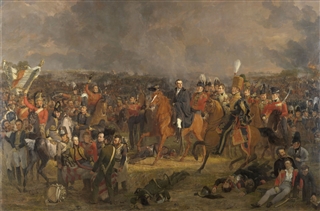 Battle of Waterloo 1815 at Belsay Hall
Battle of Waterloo 1815 at Belsay Hall
Saturday 20th April 2024
Read More
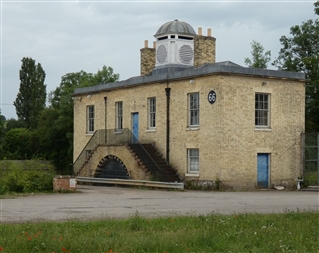 Royal Ordnance Depot Weedon Visit
Royal Ordnance Depot Weedon Visit
Sunday 21st April 2024
Read More
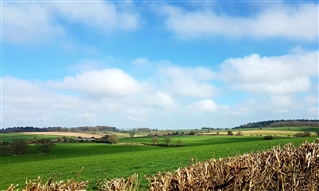 Battle of Cheriton 1644
Battle of Cheriton 1644
Sunday 21st April 2024
Read More
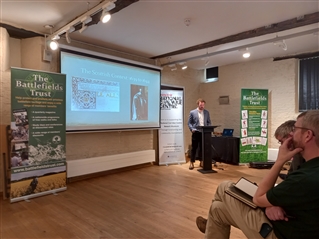 Civil War Conference - 1645 Part 1
Civil War Conference - 1645 Part 1
Saturday 27th April 2024
Read More
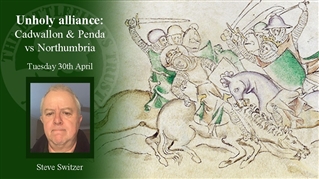 Battlefields Trust Online Lecture: Unholy alliance: Cadwallon and Penda vs Northumbria
Battlefields Trust Online Lecture: Unholy alliance: Cadwallon and Penda vs Northumbria
Tuesday 30th April 2024
Read More
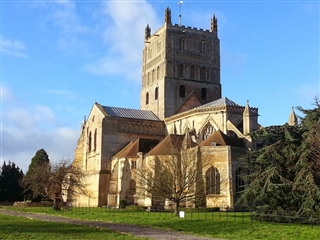 Presenting, Preserving and Researching Battlefields, Yesterday, Today and Tomorrow
Presenting, Preserving and Researching Battlefields, Yesterday, Today and Tomorrow
Saturday 4th to Sunday 5th May 2024
Read More
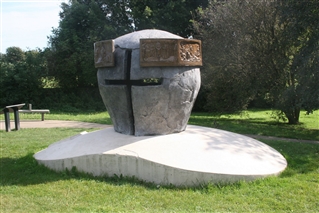 Battle of Lewes 1264
Battle of Lewes 1264
Friday 10th May 2024
Read More
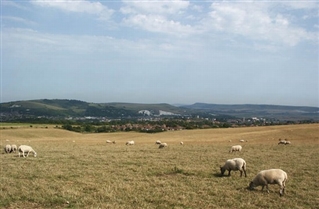 Battle of Lewes 1264 Fesitval
Battle of Lewes 1264 Fesitval
Saturday 11th and Sunday 12th May 2024
Read More
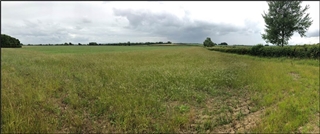 Battle of Islip 1645
Battle of Islip 1645
Sunday 12th May 2024
Read More
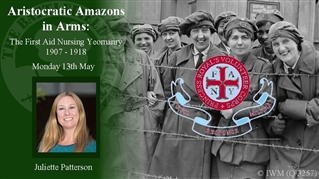 Battlefields Trust Online Lecture: Aristocratic Amazons in Arms: the First Aid Nursing Yeomanry, 1907-1918
Battlefields Trust Online Lecture: Aristocratic Amazons in Arms: the First Aid Nursing Yeomanry, 1907-1918
Monday 13th May 2024
Read More
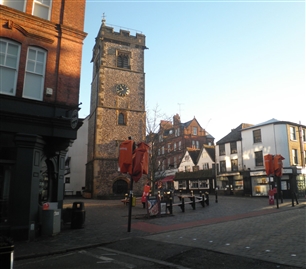 First battle of St Albans 1455
First battle of St Albans 1455
Sunday 19th May 2024
Read More
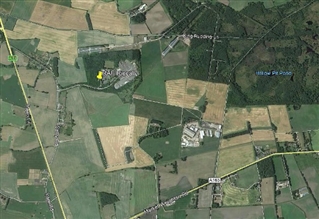 RAF Riccall and Yorkshire Air Museum Elvington
RAF Riccall and Yorkshire Air Museum Elvington
Sunday 19th May 2024
Read More
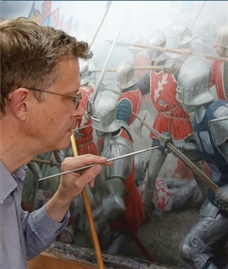 Talk - Wars of the Roses: The Medieval Art of Graham Turner
Talk - Wars of the Roses: The Medieval Art of Graham Turner
Saturday 25th May 2024
Read More
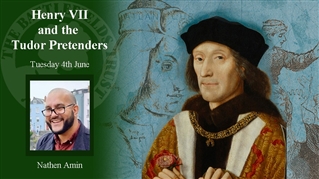 Battlefields Trust Online Lecture: Henry VII and the Tudor pretenders
Battlefields Trust Online Lecture: Henry VII and the Tudor pretenders
Tuesday 4th June 2024
Read More
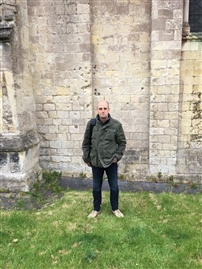 Siege of Devizes 1643
Siege of Devizes 1643
Thursday 6th June 2024
Read More
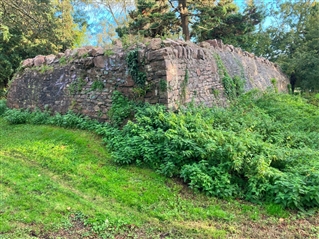 Storming of Bristol 1643
Storming of Bristol 1643
Saturday 8th June 2024
Read More
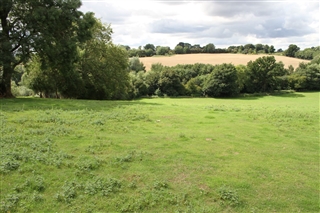 Battle of Middleton Cheney
Battle of Middleton Cheney
Sunday 9th June 2024
Read More
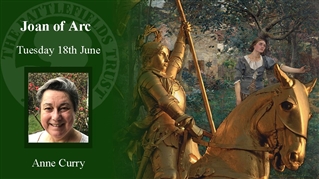 Battlefields Trust Online Lecture: Joan of Arc
Battlefields Trust Online Lecture: Joan of Arc
Tuesday 18th June 2024
Read More
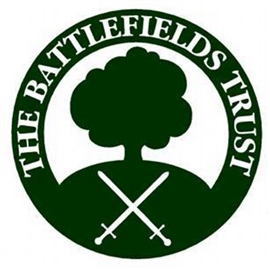 Battlefields Trust Online Lecture: The Battle of Ripple Field, 1643
Battlefields Trust Online Lecture: The Battle of Ripple Field, 1643
Tuesday 2nd July 2024
Read More
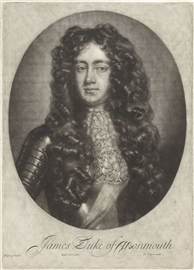 From Hero to Rebel! - Exploring the career of James, Duke of Monmouth
From Hero to Rebel! - Exploring the career of James, Duke of Monmouth
Saturday 6th July 2024
Read More
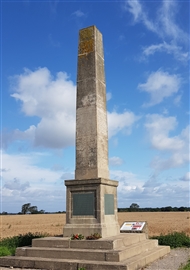 Battle of Marston Moor 1644 -Battlefield Walk
Battle of Marston Moor 1644 -Battlefield Walk
Saturday 6th July 2024
Read More
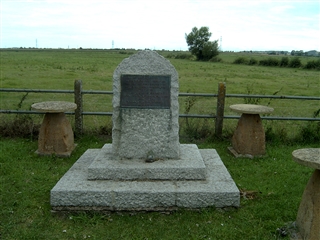 Battle of Sedgemoor 1685 - revisited
Battle of Sedgemoor 1685 - revisited
Sunday 7th July 2024
Read More
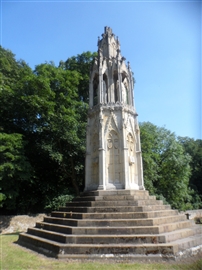 Battle of Northampton 1460
Battle of Northampton 1460
Wednesday 10th July 2024
Read More
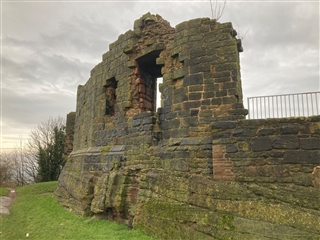 The siege of Halton castle 1643
The siege of Halton castle 1643
Saturday 13th July 2024
Read More
 Battlefields Trust Online Lecture: Who won at Waterloo?
Battlefields Trust Online Lecture: Who won at Waterloo?
Tuesday 16th July 2024
Read More
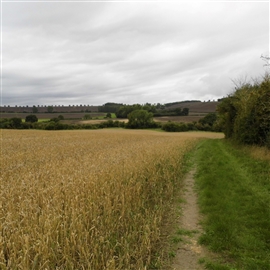 Battle of Edgcote 1469
Battle of Edgcote 1469
Wednesday 24th July 2024
Read More
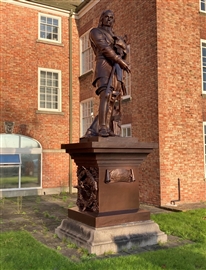 Civil War Warrington - A guided walk
Civil War Warrington - A guided walk
Sunday 28th July 2024
Read More
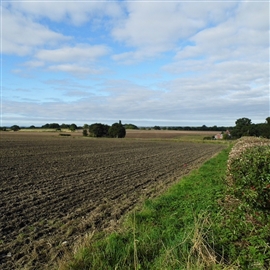 The Battle of Winwick 1648 - in Major John Sanderson's Shoes
The Battle of Winwick 1648 - in Major John Sanderson's Shoes
Monday 19th August 2024
Read More
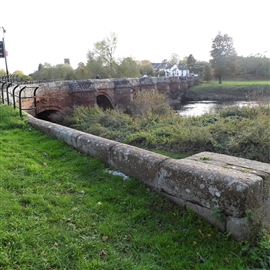 The battle of Farndon and the siege of Holt 1643
The battle of Farndon and the siege of Holt 1643
1st September 2024
Read More
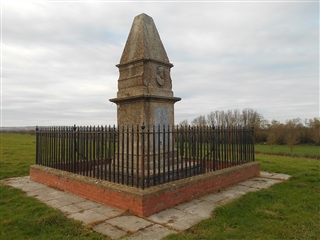 King Alfred's base at Athelney 878 - Walk
King Alfred's base at Athelney 878 - Walk
Sunday 15th September 2024
Read More


